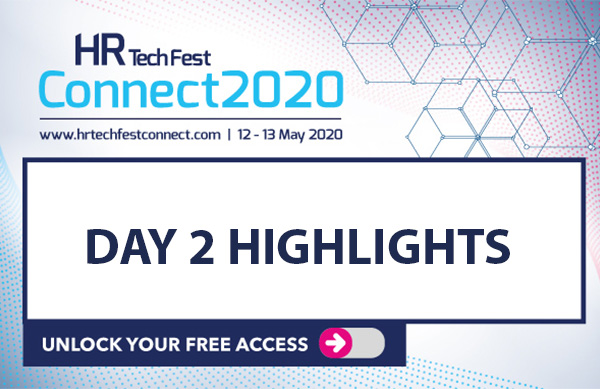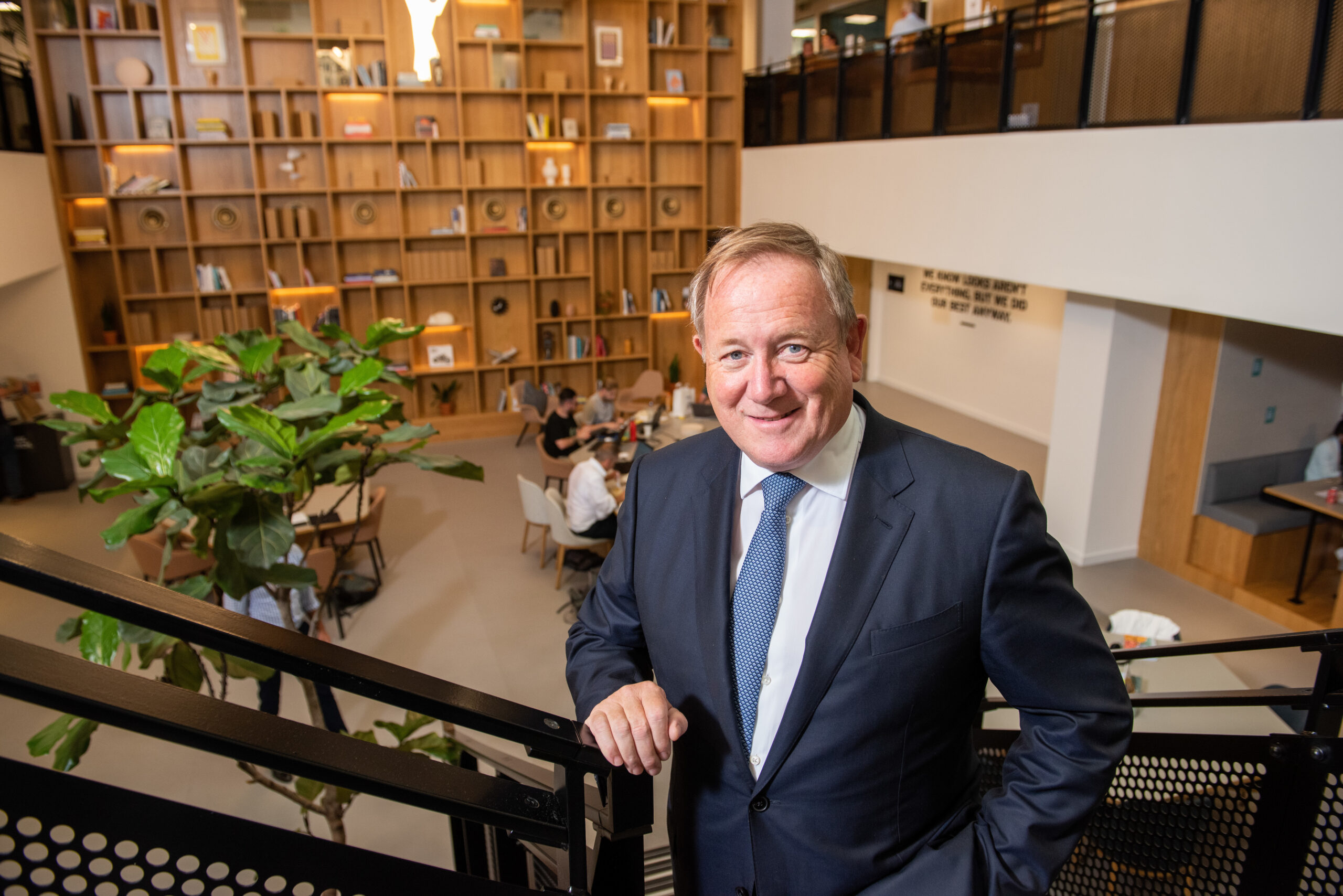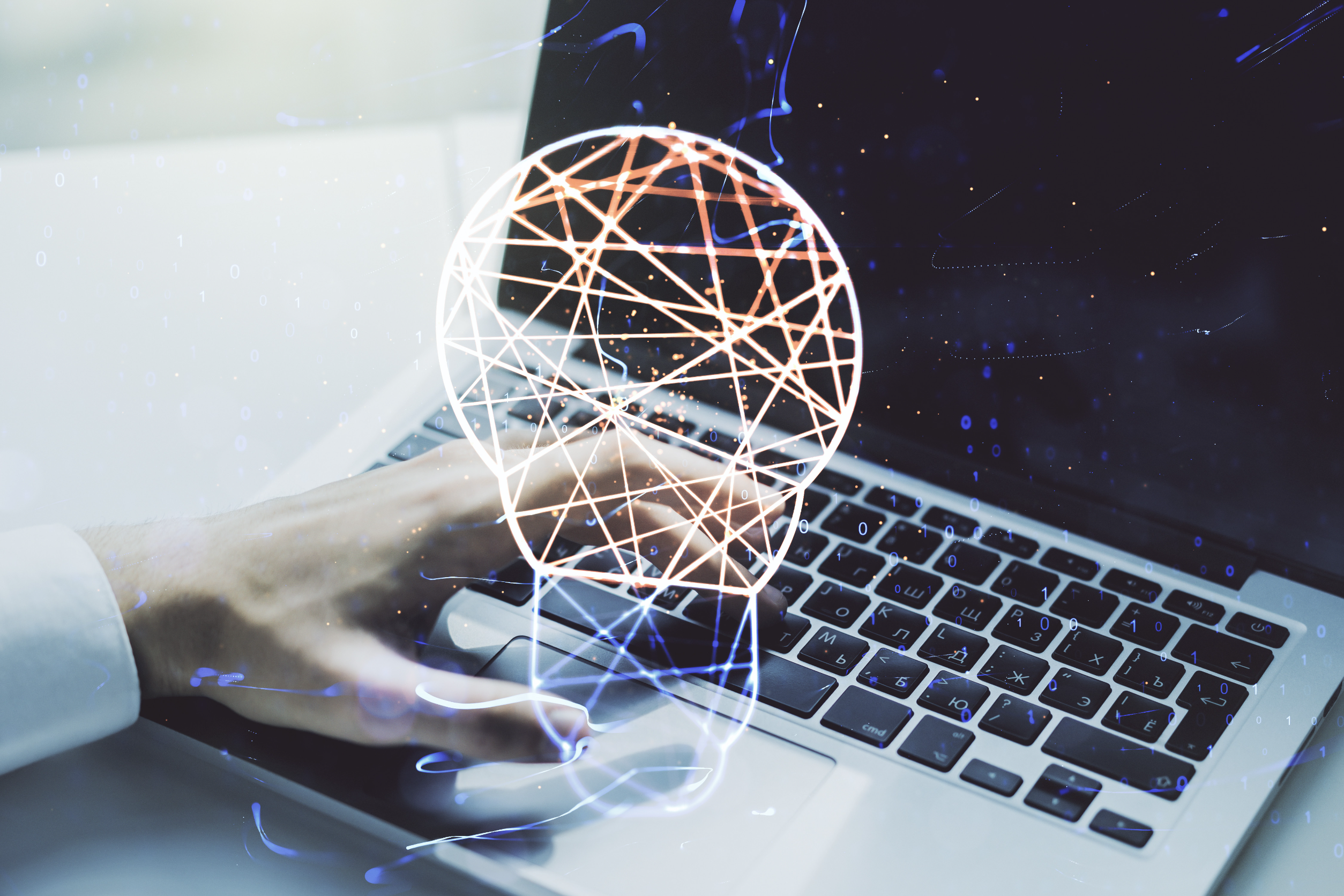10 Takeaways: Day Two of HR Tech Fest Connect 2020
- Shawn Liew

As HR Tech Fest Connect 2020 drew to a successful conclusion, the message to attendees is a clear one: The way we work has fundamentally changed, and the onus is on organisations to adapt in order to thrive in a post COVID-19 world.
Read: 10 Takeaways: Day One of HR Tech Fest Connect 2020
The Now of Work is here
Or, as Jason Averbook, CEO and co-founder of Leapgen, suggested, it is time to embrace the Now of Work, beginning with the adoption of digital models.
Averbook said, “The digital workplace is a new mandate for every organisation in the world. HR needs to play a big part in this strategy, if not own it.
“We must quickly bring together our workforce-facing digital efforts in the new Now of Work. HR must shift from a silo-ed technology operating model to a coordinated digital model.
“The days of having HR, HR operations and an HR technology function are over. It is now time for HR to embed a digital mindset into the function.”
Another key area for organisations to prioritise, is their people. In the Now of Work, organisations need to know more about their employees, who they connect with, how they are feeling, what they are thinking – all in real time.
Traditional perceptions regarding the workforce have changed overnight, and organisations must now think about communication, coaching, feeling and wellbeing.
2020 will be the year that HR changes forever. The question is, will it be because of COVID-19 or companies themselves, Averbook asked.
“We have the biggest opportunity of our careers right now to reshape, reframe and reset the future of our function. Each day, we should challenge ourselves to break the status quo.”
Building fully data-driven decision processes
The theme of change was also picked up by US-based futurist and technology commentator John Sumser.
“Nothing is predictable right now, and it is a remarkable opportunity to build a clean slate in the world of your data and its structure in the HR department.
“It’s a remarkable opportunity to embed the architecture necessary to build for the future a fully data-driven decision process.”
Describing technologies such as AI and machine learning as “intelligent tools”, Sumser highlighted that while machines can offer a “remarkable opinion” about what is going on, organisations need to understand that is exactly what it is – just an opinion.
He also highlighted that when predictability in work processes vanishes, as it has done as a result of COVID-19, machine learning is prone to failure.
“Many of the embedded machine learning tools that you find in your software are going to produce more questionable results than they did in the past.”
Urging organisations to display fluidity and resiliency in the foreseeable future, Sumser concluded, “Embrace uncertainty, figure out what the very next thing to do is, do it and then repeat the process.”
Building a great culture for remote working
For Acceleration Partners, a business marketing company that has been working entirely remotely since it began 13 years ago, a great culture lies at the heart of its success.
Defining a great culture as consisting of a vision, a definitive point about where organisations are going, what they are doing and the differences they want to make, Robert Glazer, founder and CEO of Acceleration Partners, added, “Organisations may also have goals and targets that would manifest in how they are going to live out that vision.
“Great culture has a consistent vision, values and goals and have clear vision, value and goals.”
Drawing on Acceleration Partners’ own experiences, Glazer advised organisations to focus first on creating the kind of culture they want to build, before putting effort into finding the right talent to fit.
Transforming HR strategies
Organisations need to pay attention to three important aspects if they are to successfully transform their HR strategies, shared John Antos, Vice-President, Strategy and Marketing, Asia-Pacific, Automatic Data Processing (ADP).
Drawing on key findings from the Workforce View 2020 study conducted by ADP Research Institute, which surveyed over 32,000 workers globally, Antos identified money matters, career and, health and wellness as the key to HR transformation.
Late payment of salary is a source of stress for employees, which exacerbates long working hours that is not being recognised. “This is also highlighted by the lack of willingness by companies to communicate on the issues around stress,” added Antos.
To create loyalty and spur development, he urged organisations to engage employees and retain top performers who are going to be the ones helping to carry the business forward.
Work-life boundary in a new normal
As the line between work and personal life continues to blur as remote working becomes a norm, work-life balance is being replaced by ‘work-life boundary’, suggested Vanee Bijyayendrayodhin, Chief People Officer, Ananda Development.
Bijayendrayodhin was speaking as part of a panel discussion with Steve Bennetts, Head of Employee Experience, APJ, Qualtrics; and Natalia Navin, Chief HR Officer, Maxis, which discussed how organisations are adjusting employee engagement during COVID-19.
“Bijayendrayodhin added, “So, we need to make sure the questions and surveys we ask employees is about them and not the company.
“In terms of stress, we also realised that the manager needs to build more socialising skills, and not come into the meeting by talking about work.”
Challenging the status quo in hiring
While COVID-19 has caused massive disruptions and challenges, organisations need to take heed of opportunities that may arise because of the pandemic.
For instance, the new world of work has presented an opportunity for companies to rethink their hiring processes, suggested Mirela Lane, Solutions Architect, APAC, HireVue.
She recommended hiring processes to be based on four models of employability:
- Work with people through communication, negotiation and persuasion.
- Personality and work styles, in terms of an individual’s personal stability, drive for results and initiative.
- Work with information through cognitive ability and problem solving
- Technical skills in terms of job-specific knowledge.
“This is actually a once-in-a-career opportunity to allow us to stop looking at current processes, redesign a new process, and embrace the true value of technology,” Lane added.
Transforming organisations and people with AI
As a new world of work continues to take shape, technology will increasingly have a key role to play. In his presentation, Udaiya Karuppasamy, Solution Lead, Modern Work, Microsoft Asia Pacific Area HQ, provided a glimpse into Microsoft’s latest projects, which leverage AI to transform organisations and people through knowledge-sharing.
For instance, Project Cortex, which will be made available in the first half of 2020, allows teams members to have instant access to content and knowledge within a shorter time frame, while reducing usage of additional apps and resources.
XOPA meanwhile, is an AI-powered talent sourcing and screen application that leverages the power of natural language processing and machine learning to create an objective SaaS hiring platform.
Collectively, these two applications will be key drivers in Microsoft innovation, and will transform key functions such as HR and Human Development within organisations, said Karuppasamy.
Driving employee engagement
How do you measure the worth of a new employee? Typically, it takes 18 months for companies to break even from the day the employee joins the company, estimated Donovan Low, Head of Business Development, HCM, Ascender.
The goal, thus, is to shorten the period to 9 months, helping the company cut down cost, Low added, while describing employee engagement as including the process of hiring, onboarding, developing effectiveness, growing productivity and achieving optimisation.
Inna Wahlberg, General Manager, Asia Services, Ascender, went on to emphasise the importance of HR functions in supporting and achieving key business objectives. She also advised HR professionals to continue to push the right agendas, insist on people matters, do not be discouraged and give up when the answer is ‘no’, and do not allow rejections to define their HR directions.
Creating a Culture of Pausing
The speed of technological advancement can be relentless. However, any attempt to play catchup must be tempered by the fact that it is who we are, and not how fast we work that makes us great, said Jeannette Bronee, Culture Strategist, Global Keynote and TEDx speaker, author, and CEO and founder of Path for Life.
She asked, “When was the last time you asked yourself how you are doing, or how you are feeling every single day at work? You normally ask people that but when did you ask ‘you’ that?
“We are not taking time to stop and pause to recognise what it is that we actually need to survive at work.”
Highlighting that a healthy workforce equates to a mindful culture, Bronee advocates for a Culture of Pausing, in order to bring more productivity to the workforce.
She explained, “When we pause, we have the moment, a small gap, to question ourselves on how we feel right now; how can we engage and act on the problem.
“If you were to pause more, and question yourself on how you feel, it would create more awareness, and a first step towards change.”
Reskilling jobs to be future ready
Quoting Mahatma Gandhi’s famous “The future depends on what we do in the present” quote, Low Peck Kem, Chief HR Officer and Advisor, Workforce Development, Singapore Public Service Division, Prime Minister’s Office; and President of the Singapore Human Resources Institute, reminded organisations of the importance of reskilling their workforce.
Citing the current COVID-19 pandemic, as well as factors such as technological disruptions and the expected increase in life expectancies, Low said, “The best way forward is to plan ahead, be aware of the ability to fully tap on technology as an enabler, and how to best reskill our workforce to be ready for the future – by redesigning jobs to be future ready.”
Highlighting that HR roles need to evolve in the face of change, she sees a future-ready HR ecosystem as including an inclusive workforce and workplace that can meet diverse needs and demands, leverages technology as an enabler to allow the workforce to work better and faster, and places an emphasis on purpose and culture for employee engagement.
Learned anything during the sessions? Share them on your social media pages using the hashtag #hrtechfestconnect.






